Ørecomm Festival: Selections from Day 4
The rain is pouring down outside on the last day of the festival. Nonetheless a big crowd makes it to the Monday venue in Copenhagen – a missionary church situated right across from the busy market place at Israel’s Plads.
Yee-Yin Yap is a third semester student at the ComDev masters programme at Malmö University.
“I’m interested in working with community projects, built from the grassroots up. That’s why the ComDev master caught my attention.”
The ComDev staff at Malmö University is working closely with Ørecomm, and the festival now forms a part of the masters programme.
“I really like how the festival was laid out. The first day covered the theoretical bases on memory, while the second day offered practical cases of how memory is being portrayed,” says Yee-Yin. “I’ve got a lot of ideas for future thesis projects!”
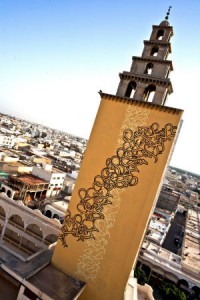
Adnen El Ghali from the Tunisian NGO Al Khaldounia started of with the first lecture of the day by giving a background to the Jasmine Revolution – the starting point of the Arab Spring. In the process of rebuilding a new, democratic state, El Khaldounia saw the need of drafting a new history for Tunisia at a deeper level. Together with the Tunisian calligraffiti artist elSeed they involved local people and artists in painting murals in different parts of the country, thereby encouraging democratic participation and citizen agency through cultural activities.
“The first activity took place in the old medina in Tunis. We were a little nervous, because it had been only some months after the revolution and we didn’t know how to manage local power. There was no government to talk to because it had collapsed, so we went to the medina and talked directly to the people living there, and said, we are looking for a wall …”
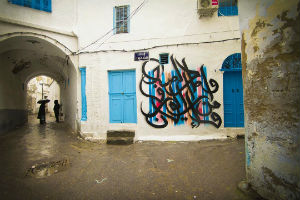
A team of filmmakers and photographers have documented the entire process. See how the mural in the Tunís medina emerges here.
The programme also included a talk by filmmaker and researcher Alfonso Gumucio Dagrón, who gave a thorough presentation of his experience in community filmmaking in Latin America.
“We didn’t even finish all the films, but even the process of doing a film had already changed something. The actual result of community filmmaking was often the strengthening of organization through negotiation between village members.”
And communication for development is to a big extent about that; about the change processes that are being encouraged when people get together and do something.
The last person leaving the venue after four intensive days was project manager Marie Brobeck.
“I’m really happy about how the festival turned out. This year we decided to mix traditional research driven guest lectures with video exhibitions and film screenings, and I think we succeeded in maintaining the attention from our amazing participants throughout the festival. It also has to do with the very good spirit of Örecomm – the collaboration within the organization is working really well, and it shows that our cross border approach works and is manageable. I’m already looking forward to next year!”
 New PhD opportunities at the University of Leicester
New PhD opportunities at the University of Leicester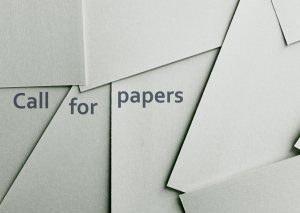 Call for Abstracts: New Directions in Media, Communication and Sociology (NDiMS) Conference
Call for Abstracts: New Directions in Media, Communication and Sociology (NDiMS) Conference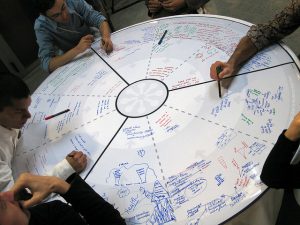 Ørecomm Team to Gather at the University of Coimbra
Ørecomm Team to Gather at the University of Coimbra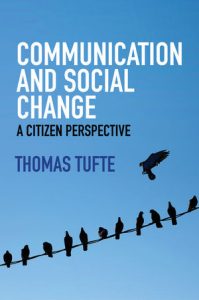 “Communication and Social Change – A Citizen Perspective” Published
“Communication and Social Change – A Citizen Perspective” Published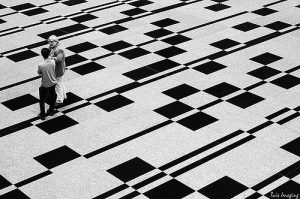 C4D Network to Sum Up Global Communication for Development Practice
C4D Network to Sum Up Global Communication for Development Practice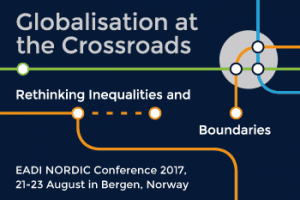 Entering Media and Communication into Development Conferences?
Entering Media and Communication into Development Conferences?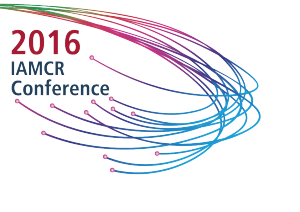 IAMCR Conference 2016: Communication for Development Highlights
IAMCR Conference 2016: Communication for Development Highlights Glocal Classroom Revisited – Storytelling & Social Change Leicester-Malmö
Glocal Classroom Revisited – Storytelling & Social Change Leicester-Malmö I EvalComDev International Conference: Call for Papers
I EvalComDev International Conference: Call for Papers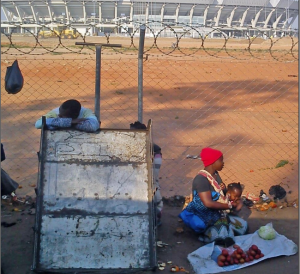 Looking for Media and Communication in Development Conferences: Devres 2016
Looking for Media and Communication in Development Conferences: Devres 2016